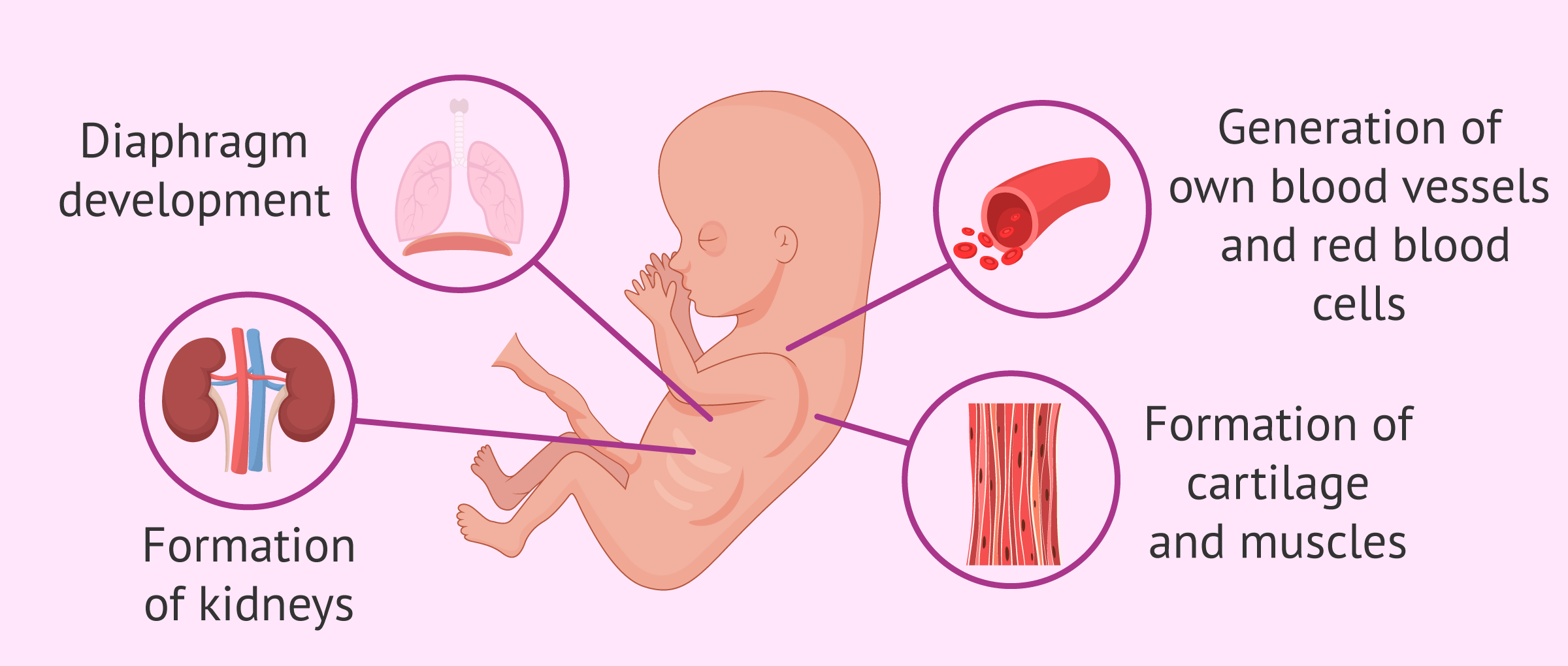
Week 11 of Pregnancy: A Comprehensive Guide to Symptoms
Pregnancy is a transformative journey, and each week brings new experiences and challenges. At 11 weeks, you’re well into your second trimester, and many of the early pregnancy symptoms may have subsided. However, there are still several common symptoms to be aware of, as well as some potential signs of complications.
Common Symptoms at 11 Weeks
- Increased urination: As your uterus expands, it puts pressure on your bladder, leading to more frequent urination.
- Nausea and vomiting (morning sickness): While morning sickness typically peaks around 8-10 weeks, it can persist into the second trimester for some women.
- Fatigue: The hormonal changes and increased blood flow during pregnancy can make you feel exhausted.
- Breast tenderness: Your breasts may become larger and more sensitive as they prepare for breastfeeding.
- Mood swings: The hormonal fluctuations of pregnancy can trigger emotional ups and downs.
- Food cravings and aversions: You may develop strong cravings for certain foods and an aversion to others.
- Weight gain: You may start to notice a gradual weight gain as your baby grows.
- Lower abdominal pain: Mild cramps or twinges in your lower abdomen are common as your uterus stretches.
- Constipation: The increased levels of progesterone during pregnancy can slow down your digestion, leading to constipation.
- Heartburn: The growing uterus can push up on your stomach, causing acid reflux and heartburn.
- Increased vaginal discharge: You may notice a milky or clear vaginal discharge, which is normal during pregnancy.
Potential Signs of Complications
While most symptoms at 11 weeks are normal, there are a few that could indicate a potential complication. Contact your healthcare provider immediately if you experience any of the following:
- Vaginal bleeding: Any amount of vaginal bleeding during pregnancy is a cause for concern and should be evaluated promptly.
- Severe abdominal pain: Intense or persistent pain in your abdomen could be a sign of a miscarriage or ectopic pregnancy.
- Fever: A fever of 100.4°F (38°C) or higher could indicate an infection.
- Chills: Chills accompanied by a fever could be a sign of an infection.
- Difficulty breathing: Shortness of breath or difficulty breathing could be a sign of a lung problem or other underlying medical condition.
- Blurred vision or headaches: These symptoms could be a sign of preeclampsia, a serious pregnancy complication.
- Sudden swelling in your face, hands, or feet: This could be a sign of preeclampsia or other fluid retention issues.
Tips for Managing Symptoms
- Rest: Get plenty of rest to combat fatigue.
- Eat small, frequent meals: This can help reduce nausea and vomiting.
- Stay hydrated: Drink plenty of fluids to prevent dehydration and constipation.
- Exercise regularly: Exercise can help improve your mood and energy levels.
- Wear loose, comfortable clothing: This can help reduce discomfort from breast tenderness and bloating.
- Use a pregnancy pillow: This can provide support and comfort while sleeping.
- Take over-the-counter medications: Your healthcare provider may recommend over-the-counter medications to relieve nausea, heartburn, or constipation.
Prenatal Care at 11 Weeks
At your 11-week prenatal visit, your healthcare provider will typically perform the following:
- Physical exam: This includes checking your weight, blood pressure, and overall health.
- Pelvic exam: This exam allows your provider to check the size and position of your uterus and cervix.
- Blood tests: Blood tests may be done to check your hormone levels and screen for certain genetic conditions.
- Ultrasound: An ultrasound may be performed to confirm your due date, check the baby’s heartbeat, and assess the baby’s growth and development.
Emotional and Mental Health
The second trimester is often a time of increased energy and well-being for many women. However, it’s important to be aware of your emotional and mental health during this time. Common emotional experiences during the second trimester include:
- Feeling more connected to your baby: As your baby grows and moves, you may start to feel a stronger bond with them.
- Increased self-confidence: The physical and emotional changes of pregnancy can lead to a boost in self-confidence for many women.
- Anxiety: Some women may experience anxiety about the upcoming birth or other aspects of pregnancy.
- Depression: Depression during pregnancy is a serious condition that requires professional treatment.
If you’re struggling with any emotional or mental health issues during pregnancy, don’t hesitate to reach out to your healthcare provider or a mental health professional.
Conclusion
Week 11 of pregnancy is a time of both physical and emotional changes. By understanding the common symptoms and potential complications, you can better navigate this stage of your pregnancy and enjoy the journey ahead. Remember to listen to your body, take care of yourself, and stay in close communication with your healthcare provider.